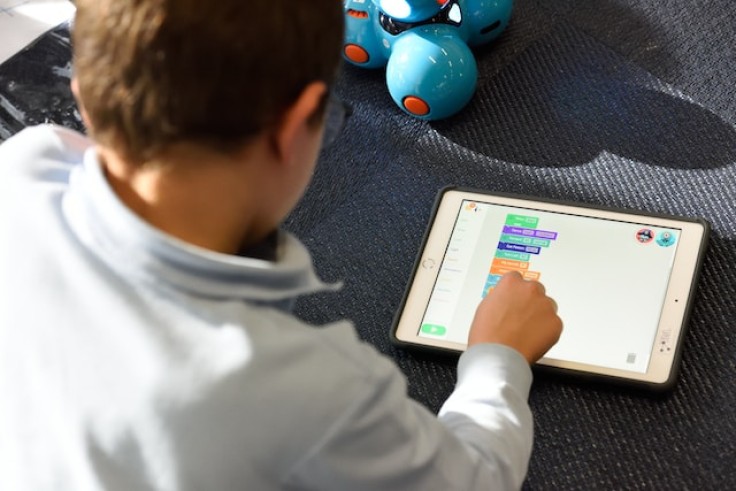
In an era defined by its digital interconnectedness, the media's role in shaping human lives has never been more prevalent. This influence is particularly acute in the realm of language acquisition and development, especially among children. Lacking the mature analytical skills to differentiate between appropriate and inappropriate language, children are highly impressionable consumers of media.
The impact of media on children's vocabulary is not only noteworthy but deserving of in-depth scrutiny, particularly given the escalating amount of time kids spend on digital devices.
The Landscape: The Ubiquity of Media in Modern Childhood
The media environment surrounding today's children is far more expansive than it was for previous generations. Gone are the days when a child's media exposure was limited to a handful of television channels and maybe a few radio stations. Now, the landscape ranges from YouTube and Netflix to various social media platforms and interactive video games. This plethora of digital spaces inevitably influences their language skills and vocabulary, both positively and negatively.
On a more optimistic note, the media landscape offers an abundance of educational content aimed at enriching children's vocabulary and cognitive abilities. Educational shows like "Sesame Street" or "Blue's Clues and educational apps like "ABCmouse" and "Reading Eggs use proven pedagogical methods to teach new words, phrases, and even more complex language structures. This educational media content serves as a beneficial supplement to traditional schooling methods, providing a dynamic, interactive, and enjoyable medium through which children can learn.
However, the media landscape is not without its pitfalls. From music filled with explicit lyrics to movies and television shows sprinkled with coarse language, children are often exposed to vocabulary that is not suitable for their age.
Even user-generated content on platforms like YouTube can include inappropriate or offensive language. Such exposure risks normalizing the use of swear words or inappropriate slang among children, leading to potential issues in social interactions and educational settings.
Parental Guidance: The Role of the Guardian
The role of parents and guardians in moderating the effects of media on their children's language development cannot be overstated. Parental strategies could include:
- Curating Content: Taking the time to select age-appropriate content that aligns with family values can significantly impact a child's linguistic development.
- Co-Viewing and Discussing: Watching media content together with children offers an opportune moment to discuss and explain the meaning of unfamiliar words and the appropriateness of the language used.
- Setting Screen Time Boundaries: Imposing healthy limits on screen time and ensuring that children are spending their online hours meaningfully
- Open Dialogue: Establishing an environment where children feel comfortable asking about unknown words or phrases they encounter can provide educational moments.
Beyond the immediate family environment, children also pick up language cues from their peers and social circles. Friends and classmates, influenced by the media they consume, can introduce new words-both good and bad-into a child's vocabulary. Internet memes, popular catchphrases, and trending slang terms can quickly disseminate through schools and social groups, making the media's indirect influence on vocabulary incredibly pervasive.
The media's influence on children's vocabulary is a double-edged sword, offering both educational benefits and potential drawbacks. The onus, therefore, falls on parents, educators, and society at large to guide children in navigating this complex media landscape.
The objective is not to entirely insulate kids from media exposure but to equip them with the critical thinking skills and ethical guidelines that will enable them to consume media in a manner that is both responsible and enriching. Thus, understanding the symbiotic relationship between language and environment is essential for fostering healthy, well-rounded communicators in the digital age.
Related Article : Parents' Social Media Use Reflects Their Parenting Style
